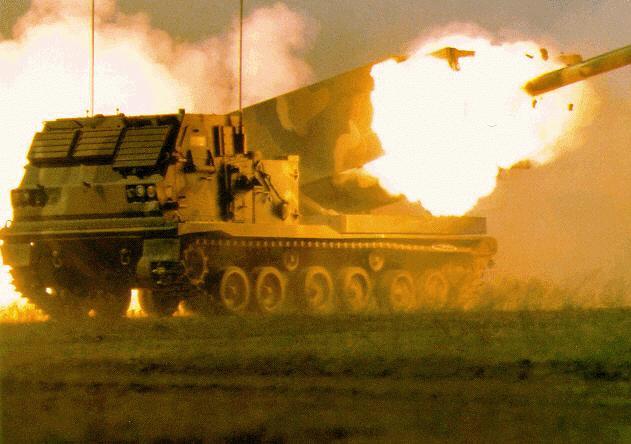Hoffmann's stuff on counterinsurgency (available at the RAND site) is very good, and if time allowed, Inside Terrorism would have been on my readling list already.As the writings of Abu Musab al-Suri, Abu Bakr Naji, Fouad Hussein, and others make clear, the tradition of Salafi jihad existed before bin Laden and Al Qaeda and will likely survive them; yet, from the beginning of the war on terror, the strategy of the Administration has been to decapitate Al Qaeda’s leadership. Bruce Hoffman, who is the author of “Inside Terrorism” and a professor at Georgetown University’s School of Foreign Service, told me, “One of the problems with the kill-or-capture metric is that it has often been to the exclusion of having a deeper, richer understanding of the movement, its origins, and our adversaries’ mindset. The nuances are absolutely critical. Our adversaries are wedded to the ideology that informs and fuels their struggle, and, by not paying attention, we risk not knowing our enemy.”
The introduction of the Long War concept was supposed to make for a more sophisticated approach, a GWOT 2.0. In the period since the Long War made it into the QDR, the Bush Administration people have preferred to designate 'islamic fascism' as the enemy. Wright's article shows why this makes sense: a common trait of the doctrines and ideological frameworks here built is the purely revolutionary ideal, without a visible positive "post-revolution" agenda. But the problem is of course that e.g. the new terrorism strategy -- as an example of Long War thought implemented to sector doctrine -- doesn't bridge the long term stated goals with the short term means (as stated in this post). Hoffmann's critique is therefore troublingly valid.
We need to developed politically sophisticated means of dealing with terrorism. And we need the sharp end too, no doubt it. But it seems the two have to be coordinated and balanced on a scale not really seen before.






